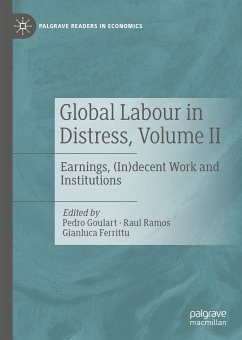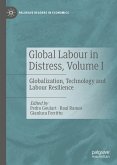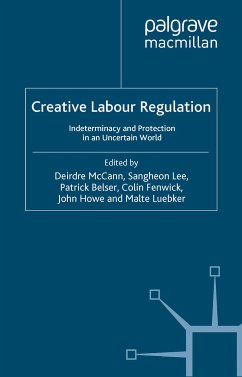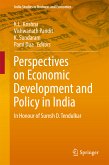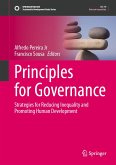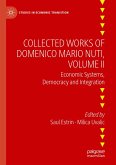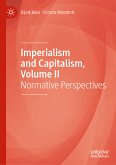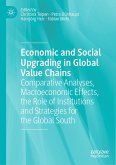This book, the second of two volumes, explores the transformations to the labour market observed since the offi cial end of the Cold War in 1991. This period is defi ned by the retreat of the state and a move towards more market-based economies, followed by a State comeback with the Great Recession. These bumpy decades for labour and changing labour policies are analysed thematically.
The second volume focuses on labour earnings and inequality, underemployment, (in)decent work, and labour market policies. This book aims to examine how labour institutions, both in developed and developing countries, have responded to the challenges faced over the last 30 years. It will be relevant to students and researchers interested in labour economics, political economy, and development economics. Pedro Goulart is Deputy Director of CAPP, "Excellent" research center and Assistant Professor at the Institute of Social and Political Sciences, Universidade deLisboa.
Raul Ramos is Professor of Economics at the University of Barcelona.
Gianluca Ferrittu is a PhD candidate researcher at the Lisbon School of Economics & Management, Universidade de Lisboa.
Dieser Download kann aus rechtlichen Gründen nur mit Rechnungsadresse in A, B, BG, CY, CZ, D, DK, EW, E, FIN, F, GR, HR, H, IRL, I, LT, L, LR, M, NL, PL, P, R, S, SLO, SK ausgeliefert werden.

